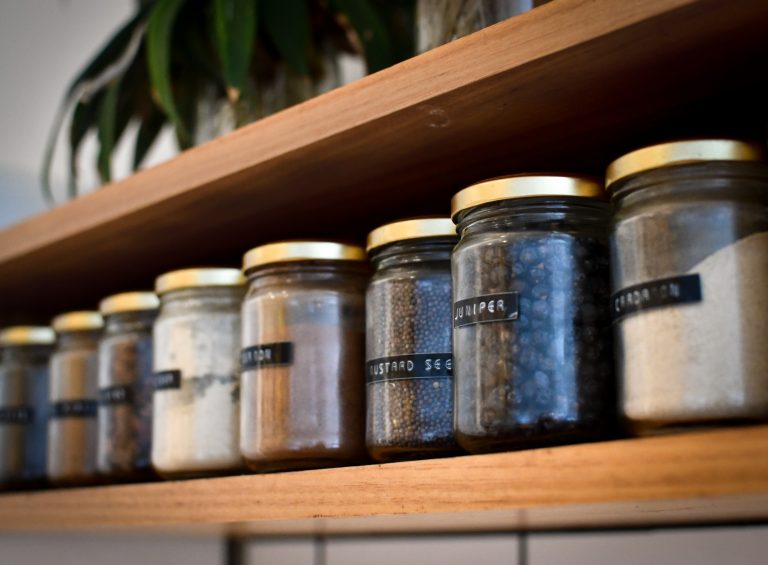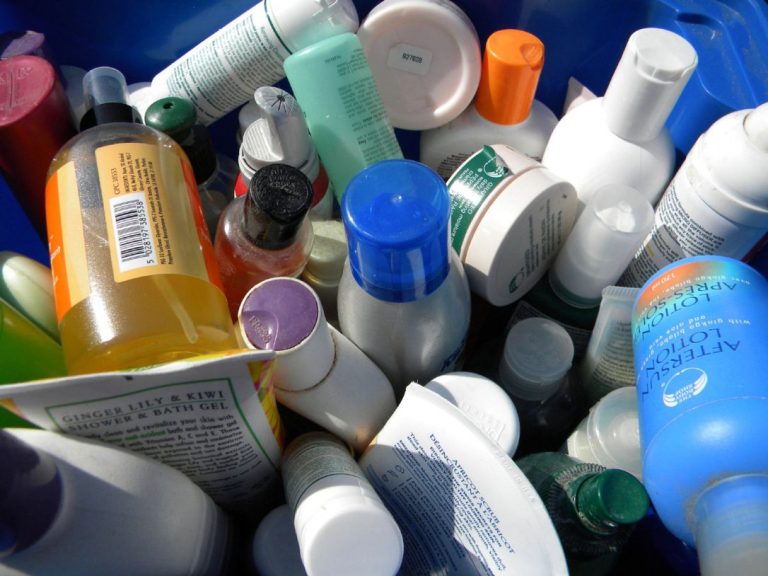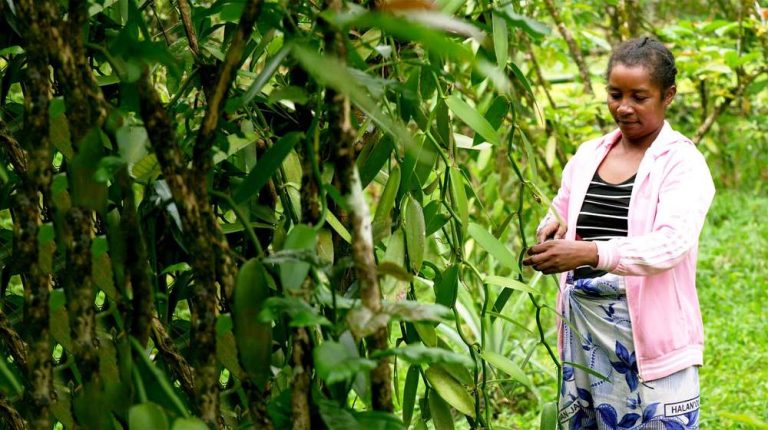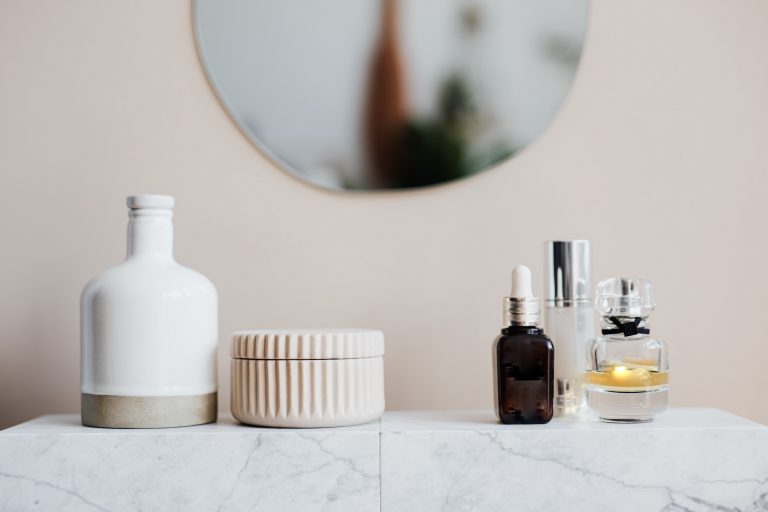
Beauty
Look good, do good
The beauty industry has an ugly side.
Most companies are lagging behind when it comes to reducing their environmental footprint. However, sustainable alternatives in beauty are giving the industry a much needed facelift.
The latest
Why is sustainable beauty important?

Reduces packaging waste
Most companies package their beauty products in plastics, some of which aren’t even recyclable. However, even if a container can be recycled doesn’t mean it will be. In a recent survey, over half of participants said they don’t recycle their beauty empties.
Beauty brands will need to rethink their packaging designs to prevent plastic pollution and alleviate the burden on consumers to make greener choices.

Prevents ocean pollution & protects human health
The ingredients from beauty products go down our drains and into our oceans. Some ingredients have damaging effects on coral reefs and are known hormone-disruptors. This is an issue both for marine life and humans since pollution ultimately make its way back to us via the food chain.

Ensures worker welfare
Labor abuse is often a problem in the sourcing of some beauty ingredients, including vanilla, cocoa, shea, and others.
Mica, which is commonly used in shimmery makeup comes with a risk of child labor. For example, about 22,000 children are estimated to be working in mica mines in India alone.
Some companies are beginning to turn to lab-produced alternatives. However, beauty brands will need to closely monitor their supply chains to fully prevent child and forced labor.

Helps to fight climate change
Beauty’s carbon footprint can be traced back to the farm level through the use of raw material ingredients.
Because nearly 25% of global carbon emissions is linked to agriculture, forestry, and land use, it’s crucial that beauty companies grow and harvest their ingredients sustainably.
Sustainable farming systems also help to convert carbon dioxide into healthy soil, which means we can produce more with less in the future.







